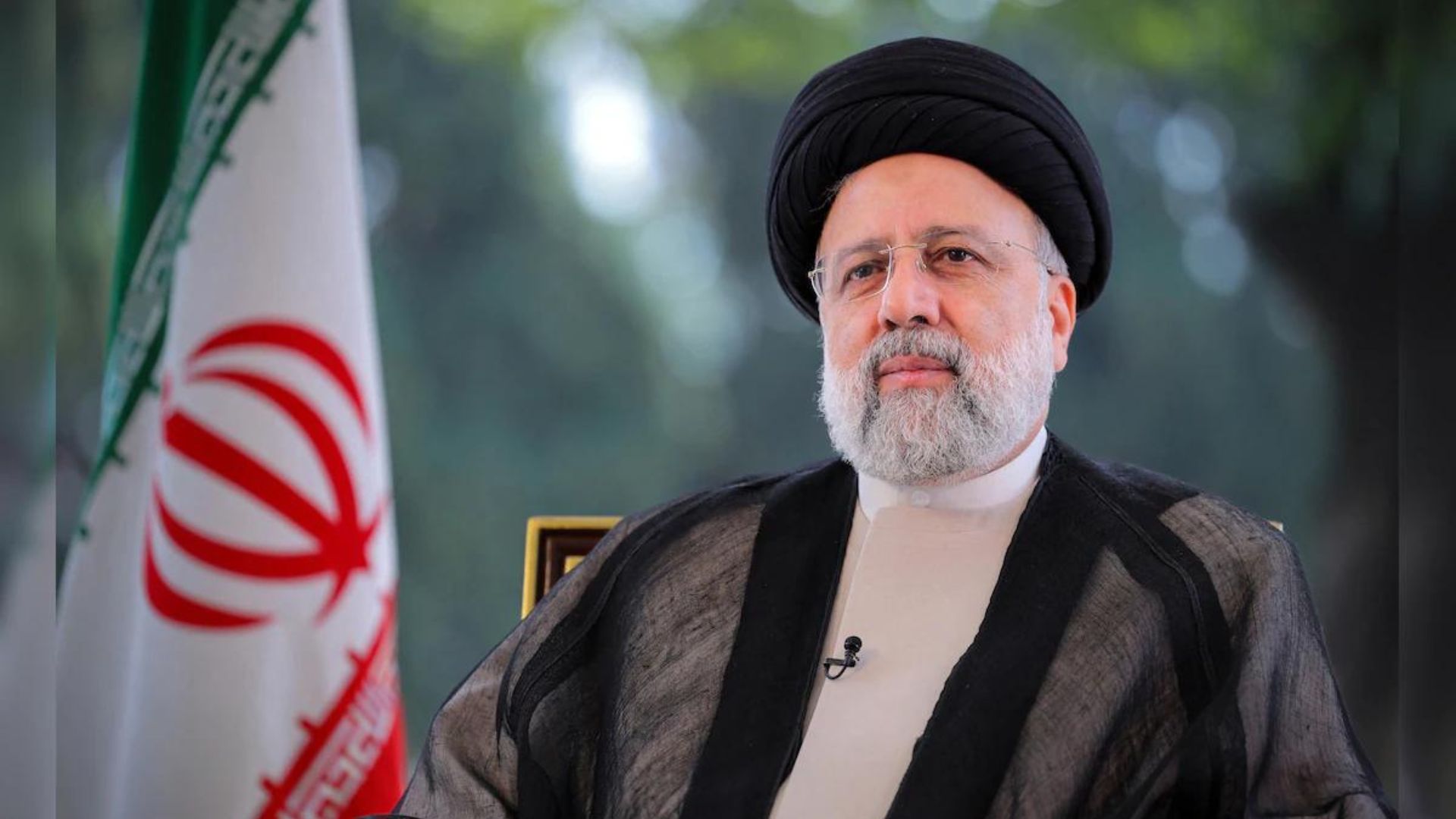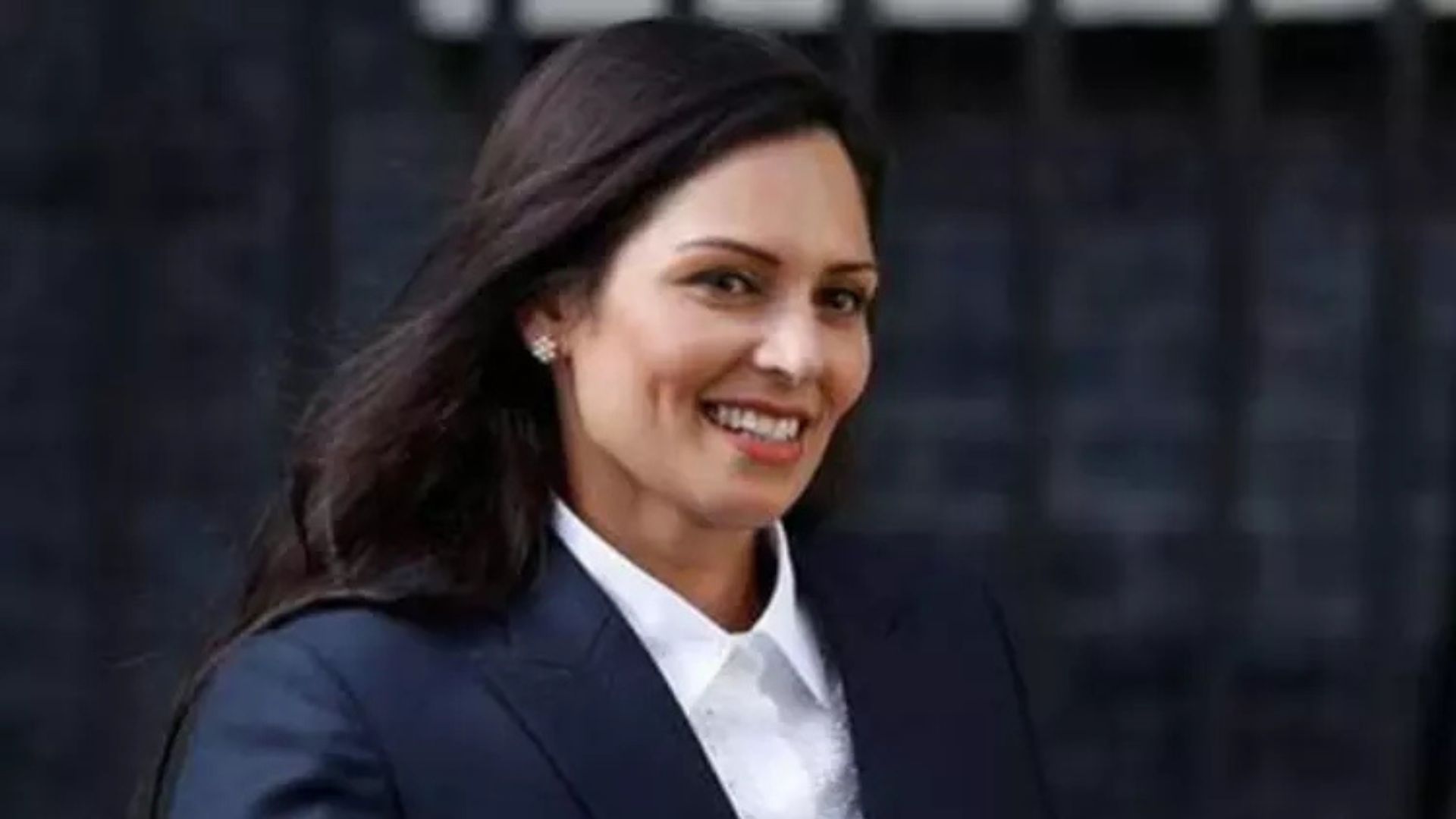This week remained unsettled and vehement from global affairs’ point of view. The president of Iran, Ebrahim Raisi, and foreign minister Hossein Amirabdollahian died in a helicopter accident along with two ministers from Azerbaijan. The tragic crash took place on Sunday in the Dizmar forest in East Azerbaijan Province, when they were returning after inaugurating a dam in Azerbaijan. according to the state media. Despite hours of effort invested into finding out the lost helicopter, Iranian president could not be found out due to the bad weather and tough terrain. Later, the debris of the helicopter were found. A large funeral procession was held in Birjand where thousands paid their respects as Raisi’s remains were taken through the streets before being flown to Mashhad for further proceedings. Widely seen as a potential successor to Iran’s 85-year-old Supreme Leader Ali Khamenei, Raisi held significant authority. Following the constitution of Iran, the first vice president Mohammad Mokhber is currently serving as acting president until an election is conducted in June. During a ceremony at the foreign ministry in Tehran honouring him, the Acting Foreign Minister Ali Bagheri Kani praised Amirabdollahian for upholding “the revolutionary nature of the foreign ministry.”
Iran announced five days of mourning for Raisi, who enforced the hardline policies of his mentor Khamenei. These policies involved imposing stricter regulations on political opponents, strengthening religious authority, and adopting a tough stance on foreign policy issues such as negotiations with the US to revive Iran’s 2015 nuclear agreement. Following the helicopter crash, numerous people gathered in Tehran and Mashhad to pray for Iranian President Ebrahim Raisi’s recovery amid hopes for positive updates. India also extended its support for Iran as the Indian Prime Minister posted a message wishing well-being of Raisi and others on X when the news of the unfortunate accident broke. However, all optimism was shattered when media outlets reported Raisi’s passing and highlighted the emotional reactions of many individuals from Iran. However, some people of Iran recalled the fundamentalist face of Raisi.
Raisi, 63 years old, was recognized as a conservative leader in Iran. He competed for the presidency in 2017 against the relatively moderate Hassan Rouhani but was unsuccessful. In 2021, he emerged as the leading candidate after a committee overseen by the supreme leader disqualified other viable competitors. Raisi secured victory with more than 60% of the vote in an election characterized by historically low turnout, with millions abstaining or invalidating their ballots. At that time, Human Rights Watch denounced the election as fraudulent. Raisi strongly advocated for gender segregation and supported the notion that women could perform better in an entirely separate and appropriate environment. He strongly supported the idea of making universities in Iran more Islamic, regulating the content on the Internet, and controlling Western influence on the society and culture of Iran. He saw economic sanctions as an opportunity for improvement and believed that effective government action would be beneficial for the people. Raisi also justified strict Sharia law principles. In November 2019, he was among nine Iranian officials sanctioned by the US Department of State over alleged human rights violations. However, sudden death of Raisi has not only left the Iranian politics into a state of muddle at the moment, it would also impact the present complex regional and global dynamics. Iran is engaged with Israel in a violent tussle on one hand while continuing its bitter relationship with the US on the other. While Israel-Hamas conflict is intensifying every day, Iran definitely needs to keep up and running. Despite all global efforts to stop the war between Israel and Hamas, the war is not only on, it is engaging more nations into it.
This week, amid the intensified situation, leaders of Norway, Ireland, and Spain have announced their intention to officially acknowledge Palestine as a state in the coming week. This decision has prompted Israel to recall its envoys immediately. Prime Minister Jonas Gahr Store of Norway emphasized this week that recognizing Palestinian statehood is believed to be in the best interest of Israel, advocating for a two-state solution. The formal recognition is set to take effect on 28 May. “There cannot be peace in the Middle East if there is no recognition,” he said in Oslo. Ireland’s Prime Minister, Simon Harris, also gave a similar statement, “In the midst of a war, with tens of thousands killed and injured in Gaza, we must keep alive the only alternative that offers a political solution for Israelis and Palestinians alike: Two states, living side by side, in peace and security.” Ireland’s foreign minister Micheal Martin also posted on X that the recognition of Palestine as a separate state will take place on May 28. The official statement from Spain also made it clear that Spain believes in the ‘two-state’ theory and extends its support and recognition for Palestine. “We hope that our recognition and our reasons contribute to other Western countries to follow this path, because the more we are, the more strength we will have to impose a ceasefire,” Prime Minister of Spain said. India has been suggesting this solution of ‘two-state theory’ for both Israel and Palestine to keep the power balance intact for long time.
Balancing looks like a very difficult task, however, it becomes easy when learnt. Global leaders need to apply this act of balancing to power, people, societies, countries and the world, if they truly want peace in the world.
The author is Professor, School of International Studies, JNU







